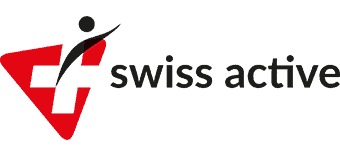Results from largest survey of recreational athletes’ doping habits released
The largest ever survey of doping practices among recreational athletes in Europe has revealed that the use of banned substances is lower than previously thought. The results were announced at the fifth annual meeting of the FORUM for Anti-Doping in Recreational Sport FAIR+, which is co-funded by the European Commission under the Erasmus+ programme. The survey was conducted in the first half of 2021.
The European Commission recognises the importance of combating doping in recreational sport and wants to prevent the risk of doping in recreational sport becoming a public health problem. The FAIR+ project aims to provide a better insight into the prevalence of doping in recreational sport in Europe. The objectives are to investigate the use of doping in recreational sport through a sample-based survey, to produce various recommendations on how to conduct effective education campaigns for coaches, trainers and instructors in recreational sport, and to organise the annual Forum on Anti-Doping in Recreational Sport.
Over 7 000 valid, anonymous responses were collected and the distribution by age, gender and sport shows that the sample well represents the profile of adult recreational athletes. The survey focused primarily on 8 European countries. Respondents indicated more than 200 different sports, with the most popular sports being, in descending order: Jogging/Running, Cycling, Swimming, Fitness and Football. The results show that 91% of the athletes did not use a banned substance to improve their performance, while less than 0.5% answered positively that they used a banned substance. The remaining 8.5 % could not be fully verified.
One of the most notable findings was that over 10% of respondents were taking “over-the-counter” medications to improve their performance. These drugs included, for example, painkillers, mood enhancers, caffeine and other stimulant drugs. The survey data is still being analysed; further results and conclusions will be published in a scientific paper in 2022. The 6th and final FORUM will be held in Brussels in November 2022, where a further summary will be given, as well as guidelines for effective anti-doping education programmes for coaches, trainers and instructors in recreational sport.


